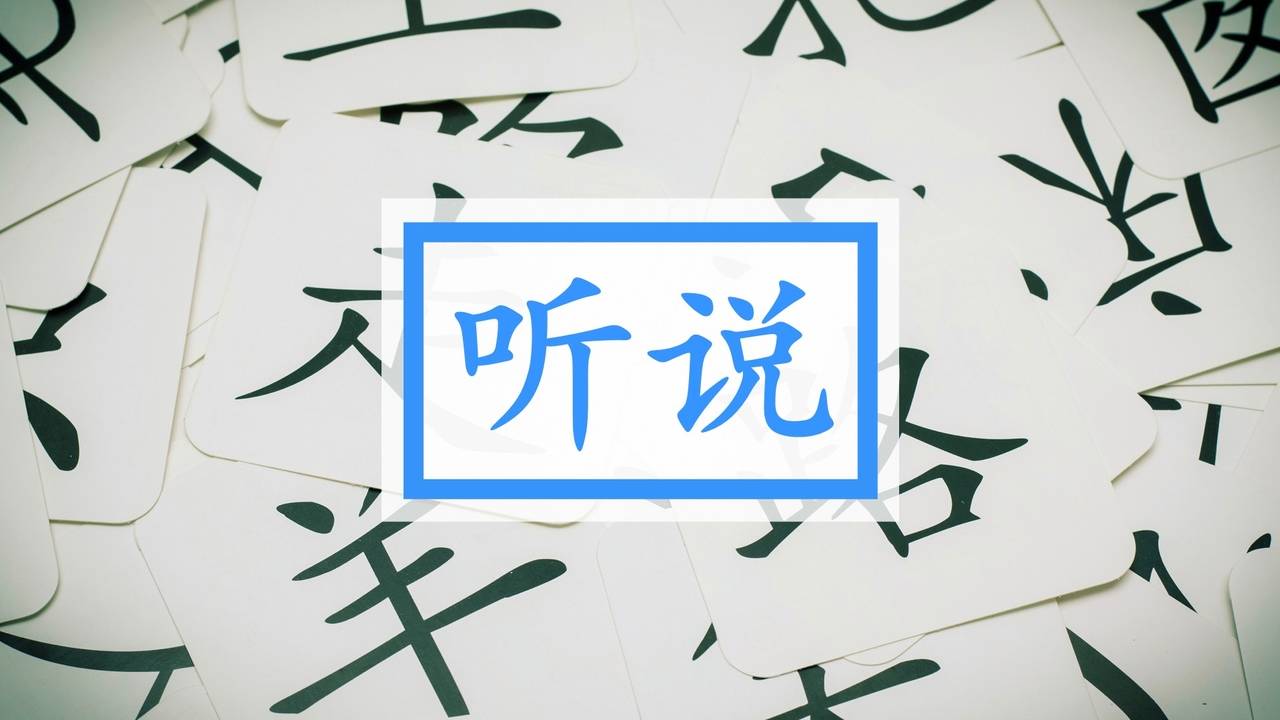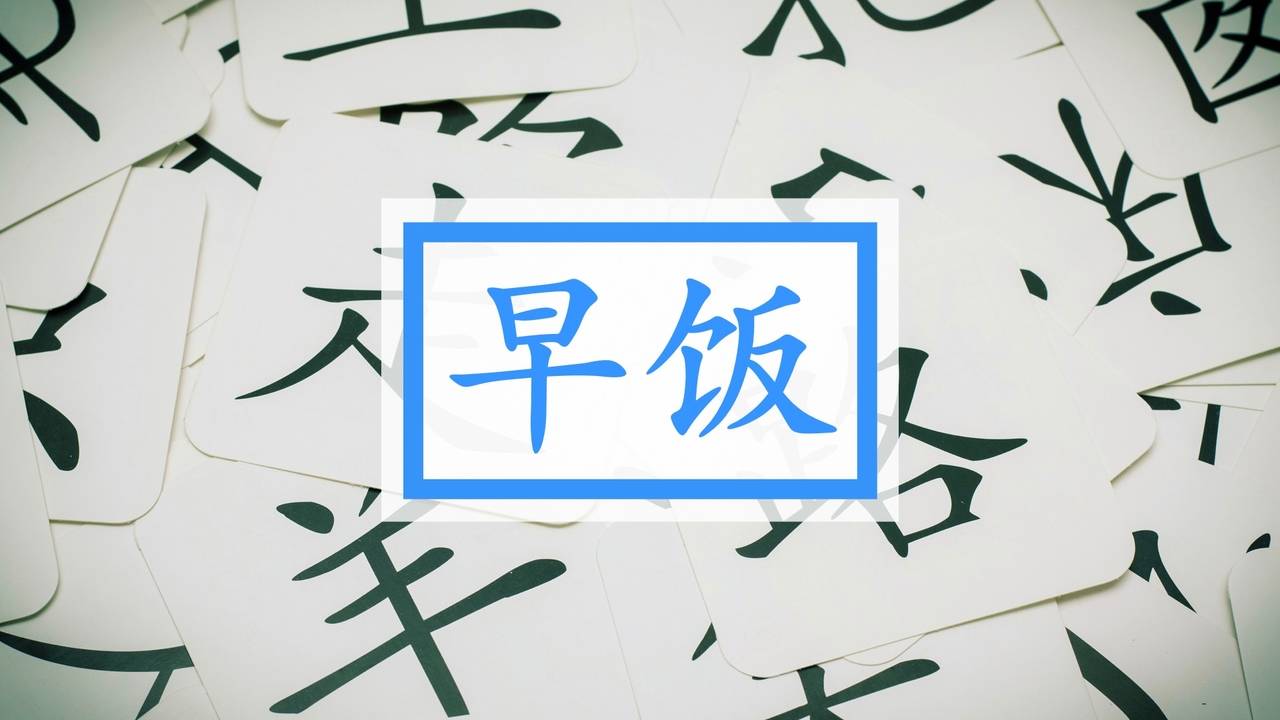Level 23 - Vocab in Context
43 Lessons
1

某个 in Context
2

某些 in Context
3

其他 in Context
4

讨厌 in Context
5

斤 in Context
6

公斤 in Context
7

听 in Context
8

BONUS: Helper - Expressing That an Action Has Happened Before with 过
9

好听 in Context
10

听力 in Context
11

听见 in Context
12

听话 in Context
13

听说 in Context
14

近 in Context
15

最近 in Context
16

后 in Context
17

以后 in Context
18

然后 in Context
19

后来 in Context
20

最后 in Context
21

BONUS: Helper - Turning Adjectives into Adverbs with 地
22

后天 in Context
23

后面 in Context
24

后边 in Context
25

厚 in Context
26

反正 in Context
27

相反 in Context
28

BONUS: “How Does What" - Adverbs Expressing Tone of Voice
29

米饭 in Context
30

早饭 in Context
31

午饭 in Context
32

吃饭 in Context
33

吃饱 in Context
34

饿 in Context
35

员工 in Context
36

工人 in Context
37

江 in Context
38

左边 in Context
39

左右 in Context
40

右边 in Context
41

差 in Context

差不多 in Context
43

差点儿 in Context
Next Character
差不多 in Context
CONGRATULATIONS!
A NEW WORD HAS BEEN UNLOCKED
差不多
Usage 1 - "about, approximately (“difference not much”)":
Sentence:
我的体重差不多40公斤。
English:
My bodyweight is about 40 kilos.
Top-Down Words:
体重 tǐzhòng - bodyweight
Sentence:
这顿饭我差不多能吃完。
English:
I can probably finish eating this meal.
Top-Down Words:
顿 dùn - measure word for punches or hits, for meals of food, for criticisms
Sentence:
他和我差不多高。
English:
He and I are about the same height.
Top-Down Words:
高 gāo - tall, high
*Sentence:
那你吃半个就差不多了!
English:
Then eat half of it, and that will do it!
Top-Down Words:
就 jiù - (expressing condition “then”)
*Sentence:
午饭差不多在中午十二点吃。
English:
Lunch is around twelve.
*Sentence:
它往外跑,一跑就是差不多半天。
English:
He's been out there for almost half a day.
Top-Down Words:
就 jiù - (grammatical particle) in this case meaning “as soon as” or “right after”.
跑 pǎo - to run
*Sentence:
每天中午差不多十二点,你就能看见右边都是女人,而男人都在左边。
English:
Every day around noon, you'll see on the right are all women and on the left are all men.
Top-Down Words:
就 jiù - (expressing condition “then”)
都 dōu - all, every
男人 nánrén - man
而 ér - while
Need a Reminder?
The Six Steps to Learning Words
Understanding Chinese Words - Morphemes
Member Comments from 2019-mid-2020
Do you also want to leave a comment? You can do so below!
Rick Angleland
它往外跑,一跑就是差不多半天。
它 is "it" so presumably it doesn't refer to a human but an animal?
Does the first half of this sentence mean "he ran outside [and then ....]"?Mandarin Blueprint
Yes, this is a part of a longer story, so you'll get the context when you arrive there ;).
Rick Angleland
What's the difference between 差不多 and 大概?
It seems like 大概 is used to mean "possibly/probably" but also "approximately".Mandarin Blueprint
Good question, here's an answer for you:
https://www.loom.com/share/d56ef114745d4ab88046500806052c30
概念 gàiniàn - concept
概括 gàikuò - generalize, epitomize, sum-up
概况 gàikuàng - general situation, a brief account
大约 dàyuē -OR- 约 yuē - approximately (more formal)
Beth Perazzo
In this example "它往外跑,一跑就是差不多半天。He's been out there for almost half a day" you have 跑 pǎo - to run as a top down word, but the word run is not in the translation. What am I missing? Thanks.
Mandarin Blueprint
跑 can also mean "to run errands"
Rick Angleland
G.E.M.鄧紫棋 raps this word about a hundred times in her song 差不多姑娘 MISS SIMILAR - see the official video on youtube. A good way to learn this word.
Mateusz Strzelecki
What is the difference between 差不多 and 左右?
MB Team
This is where Luke & Phil talked about your question in the Mandarin Blueprint Podcast:
https://www.youtube.com/watch?v=idNY00Gl1Es&t=1847s





Rick Angleland
The translation of 它往外跑,一跑就是差不多半天。as "He's been out there for almost half a day" seems incomplete or loose, and I'm not clear what the 它 refers to, presumably not him since it's not 他.
It looks like it means something like "an outside errand, an errand that's exactly more than half a day".
Mandarin Blueprint
It will become clear when you read the graded reader from which this sentence derives.